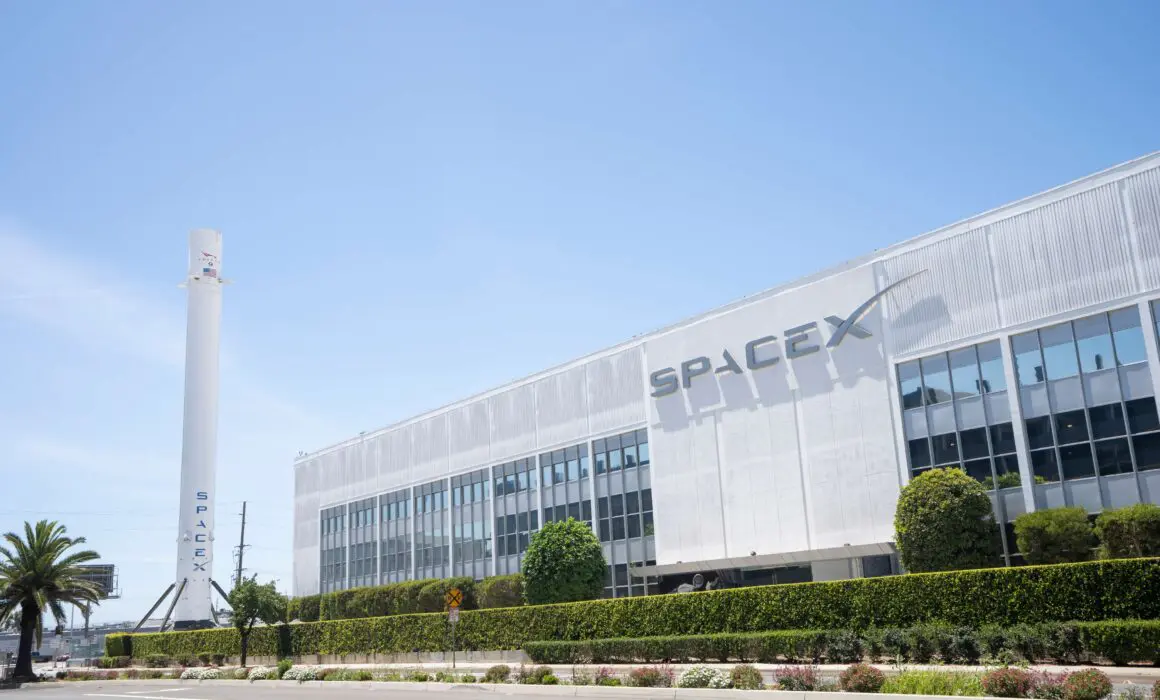Hopes were high for the much-hyped first private US Moon lander mission, launched from Cape Canaveral earlier this month. But following a problem with a propellant valve, the Peregrine lander from Astrobotic didn’t make it to the Moon and instead burned up in Earth’s atmosphere, having failed to deliver its 20 payloads, including a number of NASA experiments.

This follows failed lunar landing attempts from companies based in Israel and Japan in 2019 and 2023, respectively. In fact, no private company has yet landed on the Moon.
The failure of the most recent mission is a blow but not entirely surprising, according to experts. Nor is it indicative that such private lunar launches won’t work in the future. Even so, despite the Apollo landings of the 1970s, the technological challenges of reaching the Moon remain significant.
Keep reading at theverge.com.



